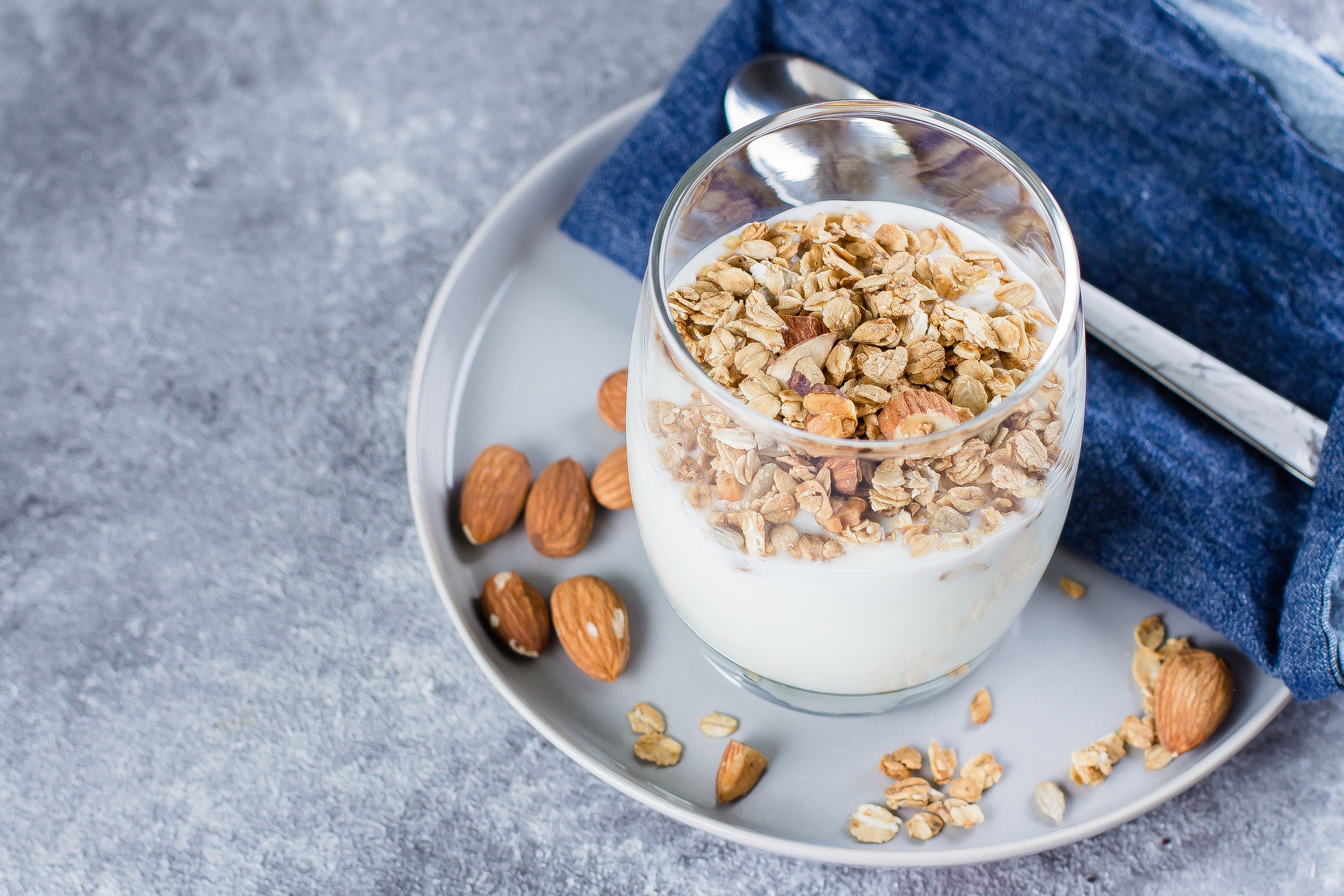Have you ever felt butterflies in your stomach or experienced a “gut” feeling? It’s not all in your head — it’s in your intestines too. What you’re experiencing is your gut-brain axis in action.
The action lives in your enteric nervous system (ENS), consisting of the millions of neurons in your digestive system, from your esophagus to your intestines and out the other end. Dubbed the body’s “second brain,” the ENS communicates with the central nervous system, which includes your brain, creating a two-way exchange of information between your gray matter and your gut.
Something else to think on: The gut-brain axis is influenced by your gut microbiome, the millions of microorganisms that live in your digestive system. “Our gut flora has a direct connection to the brain through the vagus nerve which supports digestion,” says Dr. Jaquel Patterson, ND, MBA, a naturopathic physician and medical director of Fairfield Family Health. Beginning in your brain, the vagus nerve extends to your gut where it plays a role in both digestion and communication.
 Fermented foods such as homemade pickled vegetables, are great for a diverse gut.
Fermented foods such as homemade pickled vegetables, are great for a diverse gut. What’s more, roughly 90 percent of the body’s serotonin — a neurotransmitter widely known to help regulate mood — is made in the gut. In short, your brain can influence your gut, and your gut can influence your mood, cognition and mental health.
This link between your mental health and what’s going on in your gullet has been getting a lot of attention from researchers. Studies have found that more than half of people with irritable bowel syndrome have had or currently have a mental health issue, such as anxiety or depression. “Depression has been connected with pro-inflammatory cytokines (proteins that act on the immune system and play a role in inflammation), which negatively impacts the microbes within our gut,” says Dr. Patterson. Research has also shown that disruptions in the gut microbiome may play a role in major depression disorder, bipolar disorder and schizophrenia.
The type of flora found in your gut also has an impact: A 2017 study found that adolescents and adults with ADHD have different gut composition than those without, while dysregulation of the gut has also been found to be a risk factor for dementia. Additionally, a 2020 study showed that anxiety and stress are linked to reduced diversity and an altered microbiome composition.
Experts agree: The more diverse your gut microbiome is, the better. “Disruptions in the microbiome can have negative effects on our system as there is a complex interplay between both ‘good’ and ‘bad’ bacteria,” says Dr. Patterson. Essential to a diverse gut microbiome is a healthy mix of all types of bacteria, and your diet makes a difference.
According to a 2021 study from researchers at the Stamford School of Medicine, eating foods such as yogurt, kefir, kimchi and other fermented vegetables led to an increase in overall microbial diversity. These foods contain probiotics, the good bacteria that live in your digestive system, which are, in turn, fed by the prebiotics that also reside in your gut. (Prebiotics are made up of fibers the body can’t digest, but that probiotics can.)
 Eating yogurt helps diversify your microbiome.
Eating yogurt helps diversify your microbiome. According to Dr. Patterson, good sources of prebiotics include garlic, artichoke, leeks, and asparagus. A Mediterranean diet has also been shown to increase the diversity of gut bacteria, so be sure to eat plenty of fruits, vegetables, whole grains, legumes (a good source of prebiotics), nuts, seeds, and healthy fats (think: olive oil). In addition to what you eat, exercise has been shown to increase the good bacteria in the gut, so make an effort to move your body, too.
Researchers are hopeful that connecting the dots between the gut microbiome and the brain could lead to effective treatments for mental health issues. To that end, some studies show promise: A 2019 review of more than 3,000 scientific articles found that regulating gut health could help treat anxiety. And, good news for extroverts: A 2020 study found that people with larger social networks tend to have a more diverse microbiome, suggesting that social interactions may shape the microbial community of the gut.
So, go ahead and make plans with a friend you haven’t seen in a while to grab a frozen yogurt together. Your gut, and your mental wellbeing, will be better for it.
Note: If you are seeking help for a mental health issue, it’s important to consider what we know about the gut microbiome in the context of advice from a mental health professional who can provide information on treatments that include therapy and/or medication as needed.



